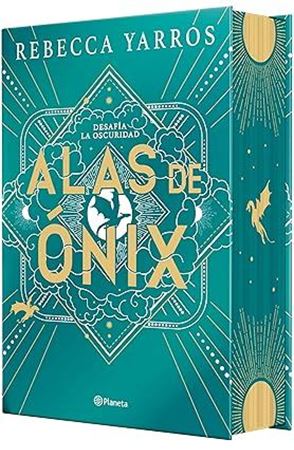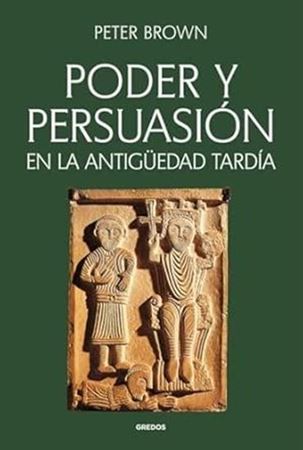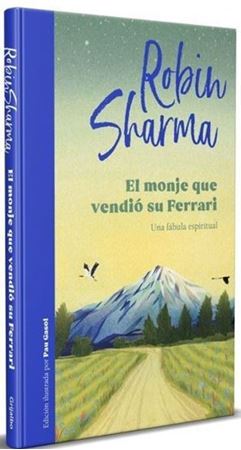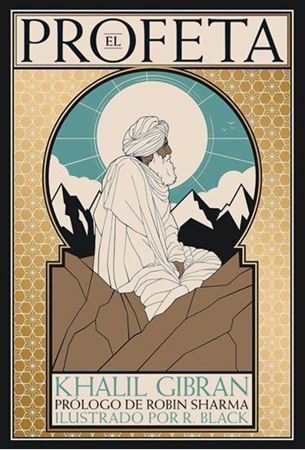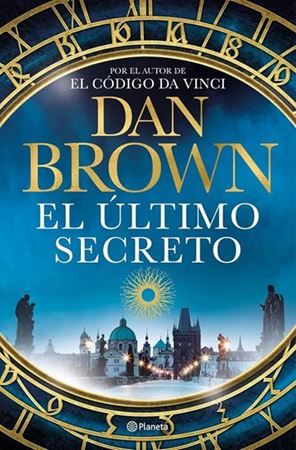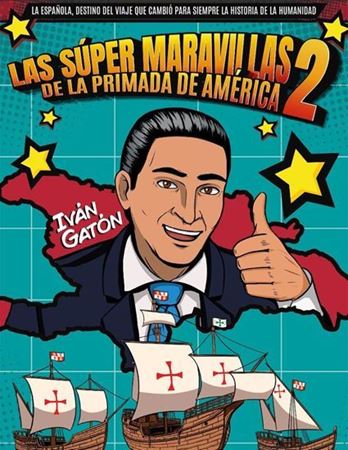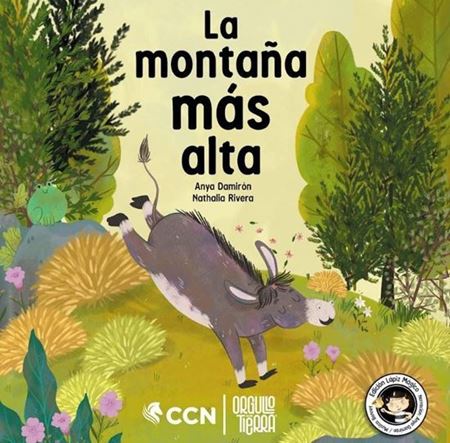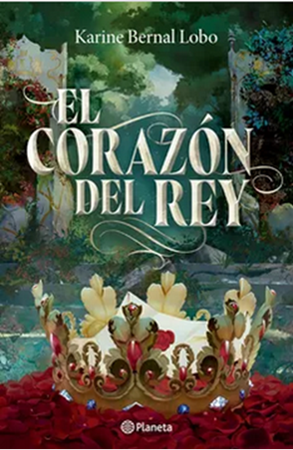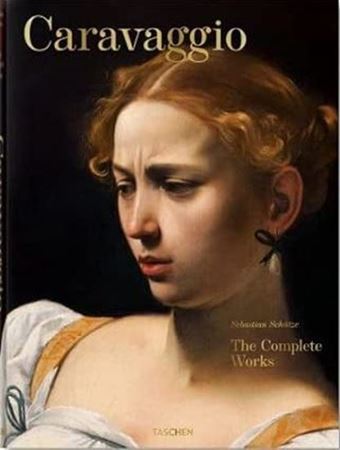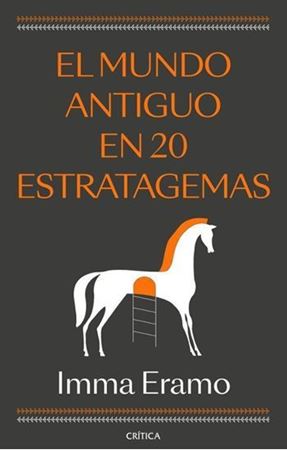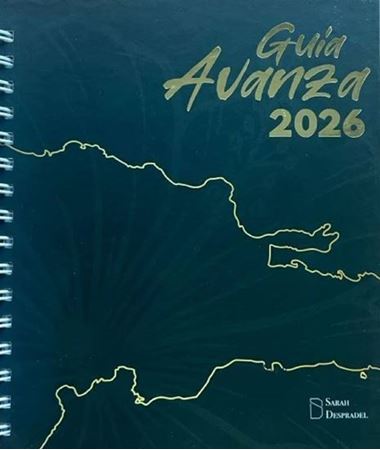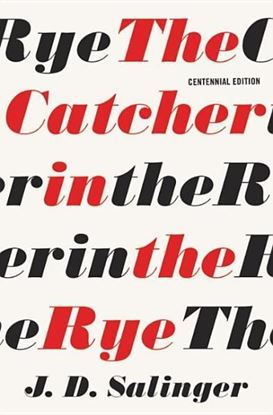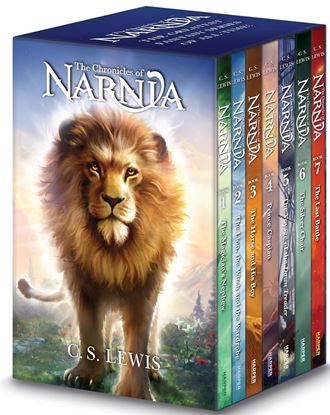

NOVEDADES
THE CATCHER IN THE RYE
"If you really want to hear about it, the first thing you'll probably want to know is where I was born, and what my lousy childhood was like, and how my parents were occupied and all before they had me, and all that David Copperfield kind of crap, but I don't feel like going into it, if you want to know the truth."
The hero-narrator of The Catcher in the Rye is an ancient child of sixteen, a native New Yorker named Holden Caufield. Through circumstances that tend to preclude adult, secondhand description, he leaves his prep school in Pennsylvania and goes underground in New York City for three days.
1,450
THE CHRONICLES OF NARNIA 7-BOOK BOX SET
C. S. Lewis's The Chronicles of Narnia has captivated readers of all ages for over sixty years, enchanting them with fantastical talking creatures, epic battles between good and evil, and magical doorways into new lands.
This box set includes mass market editions of all seven titles in The Chronicles of Narnia, in chronological order: The Magician's Nephew; The Lion, the Witch and the Wardrobe; The Horse and His Boy; Prince Caspian; The Voyage of the Dawn Treader; The Silver Chair; and The Last Battle—with the original black-and-white interior illustrations by Pauline Baynes and cover art by Cliff Nielsen.
4,900
THE CHRONICLES OF NARNIA BOX SEX(1 TO 7)
For over seventy-five years, readers of all ages have been enchanted by the magical realms, the epic battles between good and evil, and the unforgettable creatures of Narnia.
This box set includes all seven titles in the must-read The Chronicles of Narnia series—The Magician's Nephew; The Lion, the Witch and the Wardrobe; The Horse and His Boy; Prince Caspian; The Voyage of the Dawn Treader; The Silver Chair; and The Last Battle.
A perfect gift for C. S. Lewis and classic fantasy novel fans alike.
4,900

